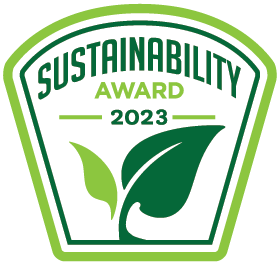In recent times, the importance of sustainability in financial reporting has gained significant traction. To address this growing need, the newly formed International Sustainability Standards Board (ISSB) has released two exposure drafts of sustainability standards called S1 and S2. After careful consideration of user feedback and extensive internal deliberations, the ISSB has recently unveiled the finalized S1 and S2 standards. This blog post delves into the key aspects of these standards and their impact on the future of sustainability reporting.
A Closer Look at the ISSB Standards:
The S1 standard, titled “General Requirements for Disclosure of Sustainability-related Financial Information,” encompasses broad-based sustainability reporting. It covers a wide range of aspects related to environmental, social, and governance (ESG) pillars. On the other hand, the S2 standard is specifically focused on climate-related disclosures, highlighting the increasing importance of addressing climate change within financial reporting.
Phased Implementation Approach:
Recognizing the significant undertaking required for companies to comply with these new standards, the ISSB recommends a phased implementation approach. The initial focus will be on reporting climate-related disclosures, given their paramount importance. This allows companies to gradually acclimate themselves to the requirements before incorporating additional ESG topics outlined in the S1 standard. It is worth noting that both standards become active simultaneously, with climate issues taking center stage.
Effective Date and Global Adoption:
The ISSB has set the effective date for the S1 and S2 standards as the beginning of 2024. However, it is crucial to understand that the ISSB, being an arm of the International Accounting Standards Board (IASB), does not possess legal authority in any specific country. Instead, the ISSB develops globally applicable standards, and individual nations have the choice to adopt them. Similar to accounting rules governed by the IASB, which have been largely adopted worldwide, the ISSB standards are expected to follow a similar path of implementation, albeit with some possible fine-tuning.
Several nations have already expressed their intention to adopt the ISSB standards, emphasizing their commitment to transparent and comprehensive sustainability reporting. While the exact details of implementation may vary slightly, the overall goal remains aligned – to foster consistent and reliable reporting of sustainability-related financial information. The first reports adhering to the new standards are expected to surface in 2025, marking a significant milestone in the evolution of sustainability reporting.
The ISSB’s release of the S1 and S2 standards represents a major step forward in enhancing sustainability reporting practices worldwide. These standards provide a structured framework for companies to disclose sustainability-related financial information, with a particular emphasis on climate-related disclosures. As organizations gear up for the phased implementation, it is imperative to embrace these new standards as an opportunity to promote transparency, accountability, and responsible business practices. By adhering to the ISSB standards, companies can proactively contribute to a more sustainable future and gain the trust and confidence of stakeholders across the globe.























